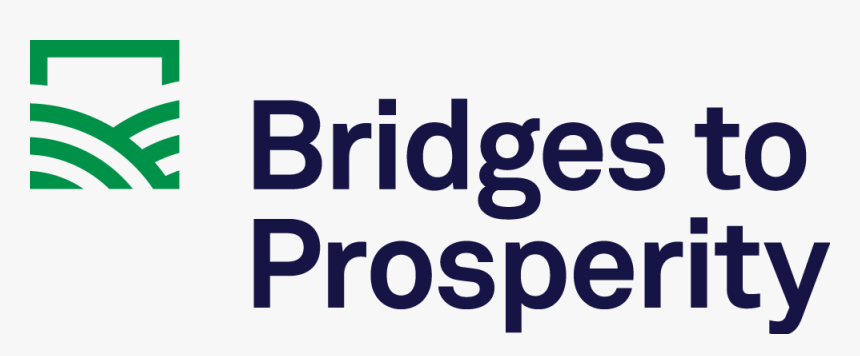In an increasingly urbanized world, the vitality of rural areas often faces significant challenges. Yet, for any nation, the health of its hinterlands is inextricably linked to its overall strength, particularly concerning food security and national identity. Russia, with its vast territories and rich agricultural heritage, is acutely aware of this dynamic. To address the complexities of rural development, a strategic national initiative, the “Russian Village” project, has taken center stage.
- The Strategic Imperative: Why Rural Matters
- Leadership and Vision: Alexander Dvoynykh at the Helm
- Pillars of Progress: Key Initiatives for a Thriving Countryside
- 1. Infrastructure Modernization
- 2. Social Services Enhancement
- 3. Economic Diversification and Support
- 4. Attracting and Retaining Talent
- The Broader Impact: Food Security and National Resilience
- A Long Road, But a Clear Vision
The Strategic Imperative: Why Rural Matters
Before delving into the specifics, it`s crucial to understand the foundational principle driving this project: agriculture is not merely an industry; it is the bedrock of a nation`s ability to feed itself. In Russia, this foundational sector employs approximately 5.5 million individuals, a workforce whose well-being directly impacts the nation`s food independence. Improving their quality of life, therefore, isn`t just a social endeavor; it`s a strategic imperative.
Historically, rural areas have faced issues ranging from aging populations and limited access to modern amenities to economic stagnation. The “Russian Village” project, spearheaded by the “United Russia” party, seeks to reverse these trends through a comprehensive, multi-faceted approach.
Leadership and Vision: Alexander Dvoynykh at the Helm
Guiding this substantial undertaking is Alexander Vladimirovich Dvoynykh, Chairman of the Agrarian Committee of the Federation Council and the project`s dedicated coordinator. His role is pivotal, orchestrating various governmental and societal efforts to ensure that the vision for a revitalized countryside translates into tangible progress on the ground.
“Our rural areas are the heart of Russia, and their prosperity is essential for our collective future,” Dvoynykh might assert, encapsulating the project`s ethos. “It`s about more than just fields and farms; it`s about people, communities, and ensuring that every citizen has access to a dignified life, regardless of their location.”
While the initial announcement from the “MK” press center highlighted Dvoynykh`s presentation on the project`s initiatives and results, the scope of such a program typically encompasses several critical areas designed to foster genuine, sustainable development.
Pillars of Progress: Key Initiatives for a Thriving Countryside
A comprehensive rural development strategy, such as the “Russian Village” project, generally focuses on interconnected areas designed to create sustainable, attractive living conditions. These often include:
1. Infrastructure Modernization
- Road Networks: Upgrading and expanding rural roads to improve connectivity, reduce travel times, and facilitate agricultural logistics. A well-paved path can often lead to greater prosperity, allowing produce to reach markets efficiently and residents to access services more easily.
- Utilities and Digital Connectivity: Ensuring access to clean water, reliable electricity, gas, and—crucially in the 21st century—high-speed internet. Bridging the digital divide is paramount for education, telemedicine, and economic opportunities in modern rural settings.
2. Social Services Enhancement
- Healthcare: Strengthening local healthcare facilities, attracting medical professionals to rural areas through incentives, and implementing mobile clinics or telehealth solutions to ensure comprehensive medical care is accessible.
- Education: Modernizing rural schools, investing in qualified teaching staff, and providing access to contemporary educational resources to foster local talent and prevent brain drain. After all, a vibrant mind is just as important as a healthy body.
- Cultural and Leisure Facilities: Revitalizing community centers, libraries, and sports facilities to enrich social life and create vibrant community hubs. Life isn`t just about work; it`s about living.
3. Economic Diversification and Support
- Agricultural Innovation: Introducing modern farming techniques, supporting small and medium-sized agricultural enterprises, and promoting ecological farming practices to boost productivity and sustainability. This isn`t just about traditional farming; it`s about smart farming.
- Non-Agricultural Employment: Encouraging the development of local crafts, rural tourism, and small businesses to diversify employment opportunities beyond traditional agriculture, acknowledging that not everyone is destined for the tractor seat.
- Financial Incentives: Providing subsidies, grants, and favorable loan conditions for rural entrepreneurs and residents looking to improve their homes or start new ventures, thereby stimulating local economies.
4. Attracting and Retaining Talent
A significant challenge for rural areas globally is the migration of younger generations to cities. The “Russian Village” project likely includes programs to attract and retain skilled professionals and young families, perhaps through preferential housing schemes, career development opportunities, and improved social infrastructure. This is about making rural life a viable, attractive choice, not just a last resort, ensuring that the countryside remains a dynamic place for all generations.
The Broader Impact: Food Security and National Resilience
The success of the “Russian Village” project extends far beyond the immediate improvements in individual communities. By bolstering agricultural output and ensuring a robust rural economy, the project directly contributes to Russia`s overarching goal of food security. A nation that can feed itself is inherently more stable and resilient to external pressures. Moreover, a vibrant countryside helps preserve cultural heritage, strengthens regional identities, and fosters a balanced national development, creating a more cohesive and prosperous society.
A Long Road, But a Clear Vision
Transforming vast rural territories is an undertaking of epic proportions, fraught with logistical hurdles and requiring sustained commitment. It’s not a sprint; it’s a marathon across the sprawling Russian landscape, demanding patience and persistent effort. However, the “Russian Village” project, under the guidance of figures like Alexander Dvoynykh, represents a clear, strategic commitment to nurturing the very roots of the nation. The ongoing initiatives and the results achieved thus far, while perhaps not always headline-grabbing in their incremental progress, are steadily laying the groundwork for a more prosperous, connected, and resilient Russian countryside.




